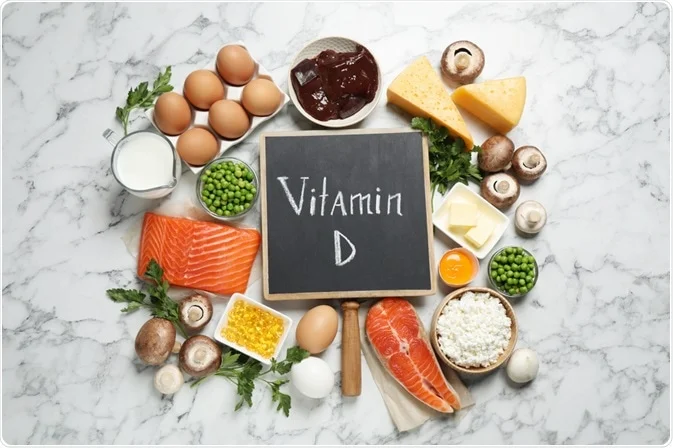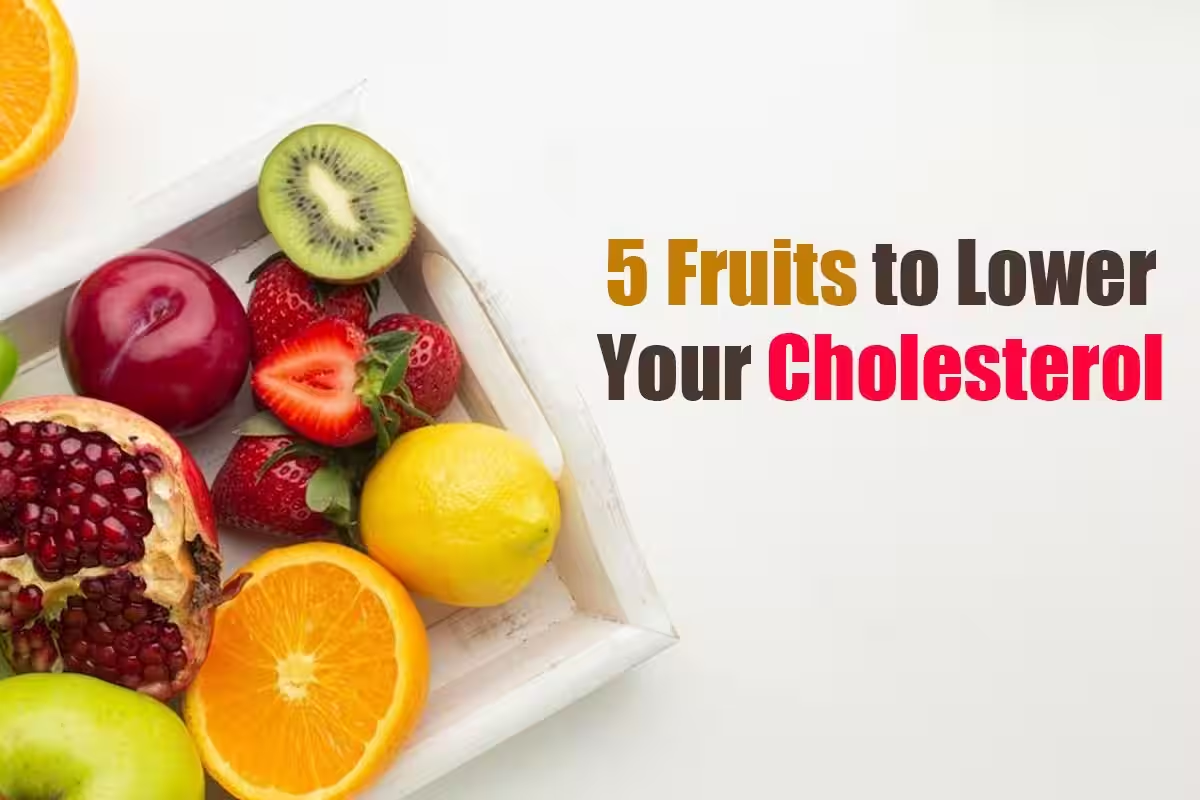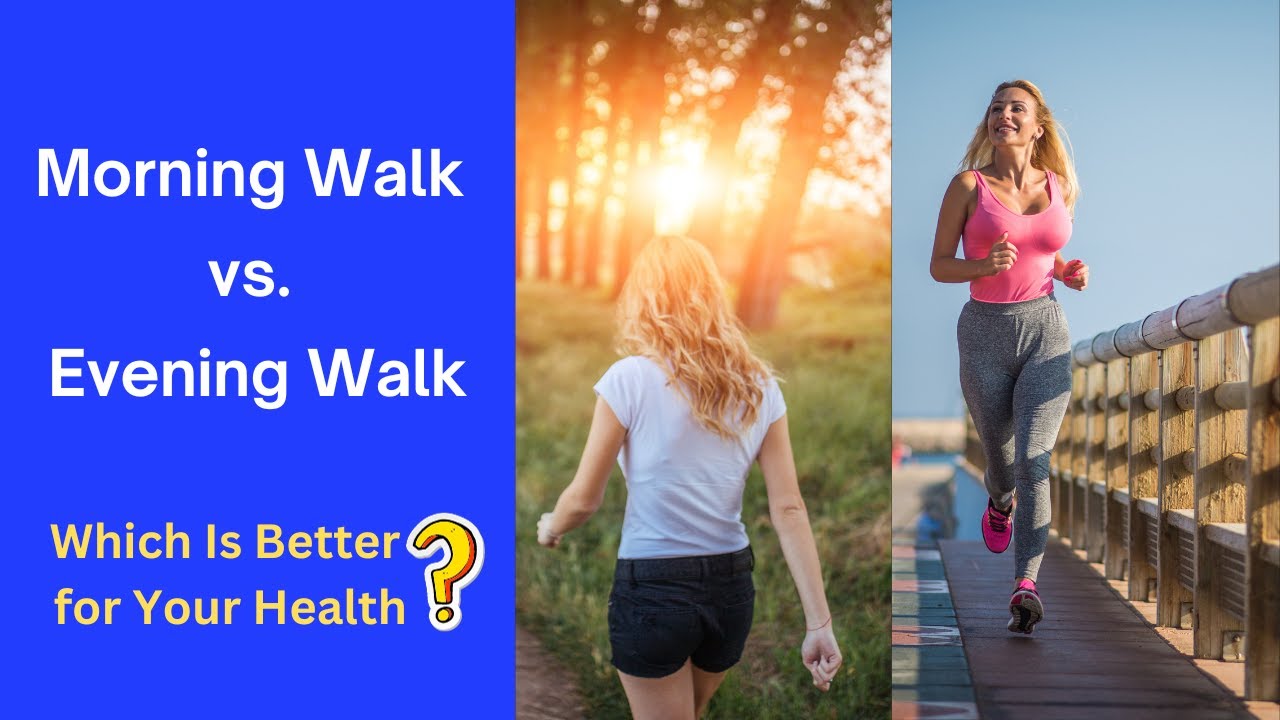
Vitamin D, often called the “sunshine vitamin,” is crucial for strong bones, a healthy immune system, and mood regulation. Yet, a large number of people across the globe are deficient—and many don’t even know it.
In this blog, we’ll explore the natural sources of Vitamin D, and when it might be time to consider supplements.
✅ Why Vitamin D Is So Important
Vitamin D helps the body:
- Absorb calcium for strong bones and teeth
- Strengthen immune defenses
- Improve mood and reduce the risk of depression
- Support muscle function and reduce inflammation
🌞 Natural Sources of Vitamin D

1. Sunlight (The Most Natural Source)
- How it works: Your skin produces Vitamin D when exposed to UVB rays from the sun.
- Tip: Aim for 10–30 minutes of midday sun exposure, a few times a week, depending on your skin tone and location.
- Note: Use sunscreen wisely—protect your skin, but avoid blocking all UVB exposure if your goal is vitamin D synthesis.
2. Fatty Fish
- Rich in natural Vitamin D3.
- Examples:
- Salmon
- Mackerel
- Sardines
- Tuna
3. Cod Liver Oil
- One of the most concentrated food sources of Vitamin D.
- Just one teaspoon can provide more than your daily requirement.
4. Egg Yolks
- While egg whites are high in protein, the yolks carry the vitamin D.
- Opt for pasture-raised or free-range eggs, which tend to have higher levels.
5. Mushrooms (UV-Exposed)
- Mushrooms like maitake and UV-exposed portobello can provide a plant-based source of vitamin D2.
- Note: D2 is less effective than D3 but still beneficial.
6. Fortified Foods
These foods have vitamin D added to them:
- Cow’s milk
- Plant-based milks (almond, soy, oat)
- Orange juice
- Breakfast cereals
- Yogurt and margarine (check labels)
💊 When to Consider Vitamin D Supplements
Even with sun and food sources, some people still fall short. You may need a supplement if you:
- Live in areas with little sunlight (especially during winter)
- Have darker skin (which reduces natural vitamin D production)
- Wear clothing that covers most of your skin outdoors
- Spend most of your time indoors
- Follow a vegan or vegetarian diet
- Are older (the body’s ability to produce vitamin D decreases with age)
Types of Supplements:
- Vitamin D2 (ergocalciferol) – Plant-based, less potent
- Vitamin D3 (cholecalciferol) – Animal-based or vegan (from lichen), more effective at raising blood levels
Always talk to your doctor before starting supplements, especially if you’re considering high doses.
🌿 Final Thoughts
Vitamin D plays a silent but powerful role in your overall health. By combining sun exposure, smart food choices, and supplementation when needed, you can keep your levels in check and your body functioning at its best.
Stay healthy, stay sunny—even on cloudy days!





